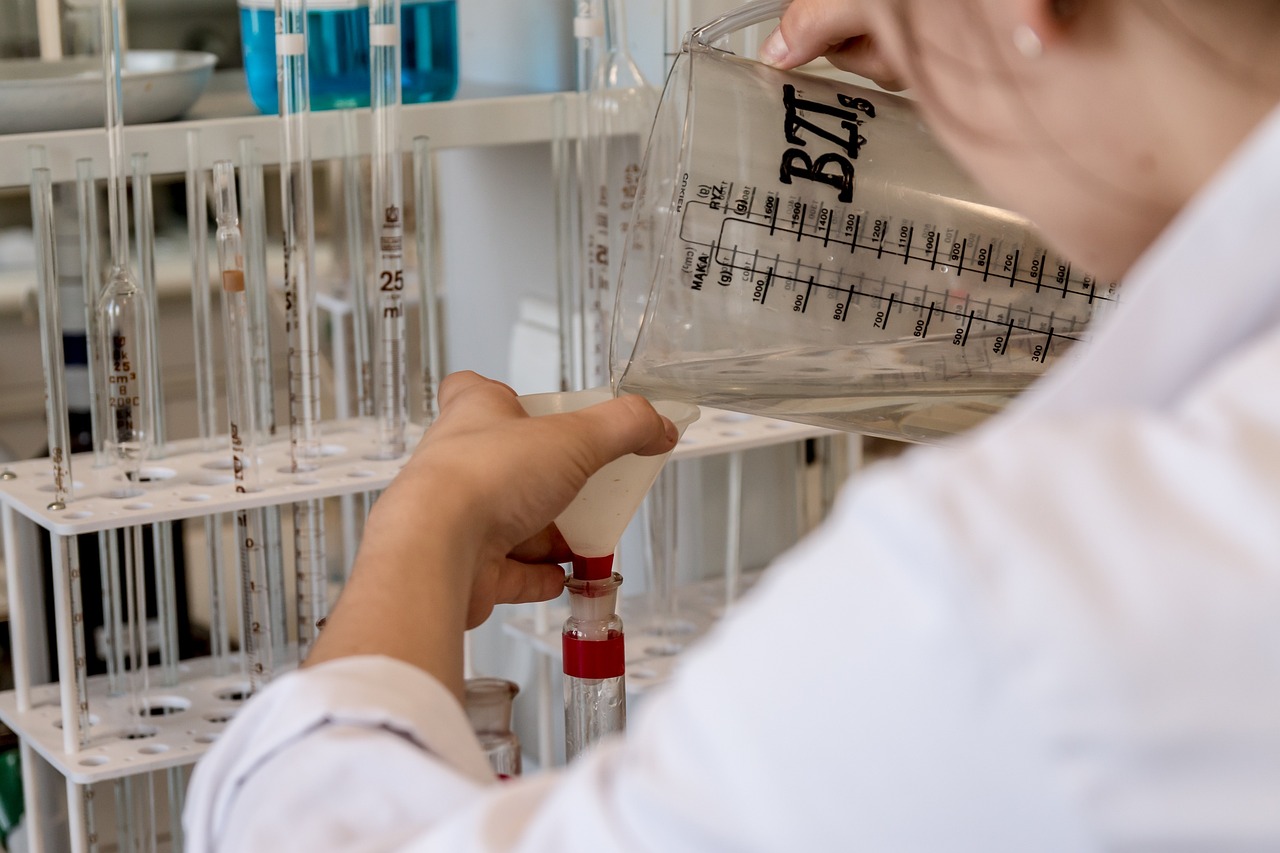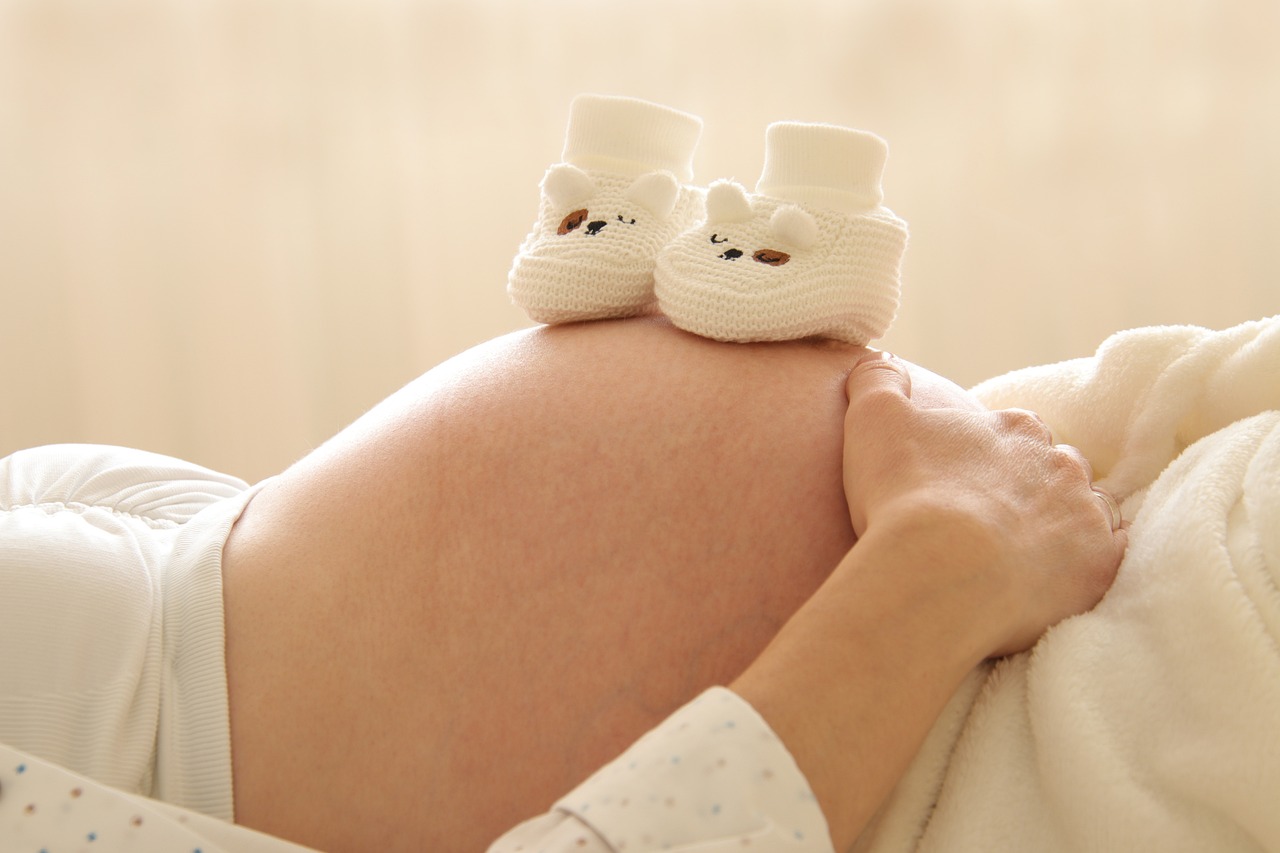When it comes to the burning question of “How Soon After Intercourse Can You Take a Pregnancy Test,” timing is crucial for accurate results. Understanding the intricacies of pregnancy tests is essential to know when to take one after intimacy. Let’s delve into the world of pregnancy testing and uncover the best practices for determining pregnancy soon after intercourse.

Understanding Pregnancy Tests
When it comes to understanding pregnancy tests, it’s essential to grasp how these tests work to accurately detect pregnancy. Pregnancy tests detect the presence of a hormone called human chorionic gonadotropin (hCG) in a woman’s urine or blood. This hormone is produced by the placenta shortly after a fertilized egg attaches to the uterine lining, indicating pregnancy.
Typically, pregnancy tests are designed to be most effective when taken after a missed period. This is because hCG levels rise rapidly in the early stages of pregnancy, making it easier for the tests to detect the hormone. However, some sensitive tests can detect hCG levels even before a missed period, providing early detection for those eager to know sooner.
Understanding the sensitivity and accuracy of different types of pregnancy tests is crucial. There are various options available, including traditional urine tests, digital tests, and blood tests. While urine tests are convenient and widely used, blood tests are more sensitive and can detect lower levels of hCG earlier in pregnancy.
It’s important to note that the timing of taking a pregnancy test can significantly impact its accuracy. Factors such as the concentration of hCG in the body, the sensitivity of the test used, and the timing of implantation can all influence the results. Therefore, following the instructions provided with the test and waiting for the recommended time frame is crucial for reliable results.
Ultimately, understanding how pregnancy tests work and when to take them can help individuals make informed decisions about their reproductive health. By being aware of the factors that can affect test results, individuals can ensure they are taking the test at the most appropriate time for accurate and reliable outcomes.

When to Take a Pregnancy Test
When considering the optimal timing for taking a pregnancy test, it is crucial to understand the menstrual cycle and how it relates to the process of conception. The timing of a pregnancy test after intercourse plays a significant role in the accuracy of the results. Generally, it is recommended to wait until you have missed your period before taking a test to ensure the most reliable outcome. However, some early detection tests claim to provide results even before a missed period, but their accuracy may vary.
Factors such as the sensitivity of the test and the levels of hCG (human chorionic gonadotropin) in the body can affect when you should take a pregnancy test. For the most accurate results, it is advisable to wait at least one week after a missed period before testing. This waiting period allows hCG levels to rise sufficiently for detection, increasing the test’s reliability.
Additionally, the time of day when you take a pregnancy test can also impact its accuracy. For the highest concentration of hCG in urine, it is recommended to take the test in the morning when the urine is more concentrated. This can enhance the test’s sensitivity and reduce the chances of false negatives.

Types of Pregnancy Tests
When it comes to pregnancy tests, there are several types available on the market, each with its own unique features and detection timelines. Understanding the differences between these tests can help individuals make informed decisions about which one to choose. Let’s explore the various types of pregnancy tests and their characteristics:
- Urine Pregnancy Tests: These are the most common type of pregnancy tests that can be easily performed at home. They work by detecting the presence of human chorionic gonadotropin (hCG) hormone in the urine, which is produced during pregnancy. Urine pregnancy tests are convenient, affordable, and provide quick results.
- Blood Pregnancy Tests: Blood tests are conducted at a healthcare provider’s office and can detect pregnancy earlier than urine tests. They measure the hCG levels in the blood, offering a higher level of accuracy. Blood tests are recommended for early pregnancy detection or in cases where accurate results are crucial.
- Digital Pregnancy Tests: These tests provide easy-to-read results by displaying text messages such as “pregnant” or “not pregnant” on a digital screen. Digital tests are user-friendly and eliminate the need for interpreting faint lines, which can sometimes be confusing with traditional tests.
- Early Result Pregnancy Tests: Designed to detect lower levels of hCG, early result tests claim to provide results up to 6 days before a missed period. While they offer the possibility of early detection, it’s essential to note that their accuracy may vary depending on individual hCG levels.
Choosing the right type of pregnancy test depends on various factors such as personal preference, testing time frame, and sensitivity levels. It’s advisable to read the instructions carefully, follow the recommended testing timeline, and consult a healthcare provider if there are any doubts or concerns regarding the results.

Early Pregnancy Testing
When it comes to early pregnancy testing, timing is crucial. The excitement and anticipation after intercourse can lead to a strong desire to know the results as soon as possible. However, it’s important to understand that most pregnancy tests are designed to detect the presence of the hormone hCG, which is produced by the developing placenta after implantation occurs. This process takes time, and testing too early may result in a false negative.
While some early pregnancy tests claim to provide accurate results even before a missed period, it’s essential to consider their reliability. These tests may be more sensitive and able to detect lower levels of hCG, but they are not foolproof. Factors such as the sensitivity of the test, the concentration of hCG in your urine, and the timing of implantation can all impact the accuracy of early testing.
It’s like trying to predict a thunderstorm based on a single raindrop. Just as one raindrop doesn’t signify a storm, one negative pregnancy test doesn’t necessarily mean you’re not pregnant. Patience is key when it comes to early testing, as rushing into it can lead to unnecessary stress and disappointment.
For those eager to test early, it’s advisable to wait at least a week after intercourse to allow for sufficient time for implantation and hCG levels to rise. Additionally, using a first-morning urine sample can increase the accuracy of the test, as it is more concentrated and likely to contain higher levels of hCG if pregnancy has occurred.

Factors Affecting Test Accuracy
When it comes to taking a pregnancy test shortly after intercourse, there are several factors that can impact the accuracy of the results. It’s essential to consider these variables to ensure you get reliable information about your potential pregnancy. Let’s delve into the factors affecting the accuracy of pregnancy tests:
- Timing: The timing of taking a pregnancy test is crucial. Testing too early may result in a false negative as the body might not have produced enough hCG hormone to be detected.
- Quality of the Test: The quality and sensitivity of the pregnancy test can influence its accuracy. Higher quality tests are more likely to provide reliable results.
- Usage Instructions: Following the instructions provided with the test is vital. Improper use can lead to inaccurate results.
- Medications: Certain medications or fertility treatments can interfere with pregnancy test results. It’s important to consider any medications you are taking.
- Health Conditions: Some health conditions, such as polycystic ovary syndrome (PCOS), can affect hormone levels and impact the accuracy of the test.
- Recent Pregnancy or Miscarriage: If you have recently been pregnant or had a miscarriage, it can impact the hCG levels in your body, affecting the test results.
Considering these factors and being aware of how they can influence the accuracy of a pregnancy test is essential for making informed decisions about your reproductive health. If you have any concerns or questions about taking a pregnancy test, consulting a healthcare provider is always recommended for personalized guidance.

Seeking Medical Advice
When it comes to regarding pregnancy testing, it is crucial to consult a healthcare professional for accurate guidance and next steps. A doctor or a healthcare provider can offer personalized advice based on your specific situation, providing clarity and support during this critical time.
Here are some reasons why seeking medical advice is essential:
- Expertise: Healthcare professionals have the expertise to interpret pregnancy test results accurately and provide valuable insights.
- Confirmation: A medical consultation can confirm the pregnancy test results and offer further testing if needed.
- Health Monitoring: Doctors can monitor your health throughout the pregnancy and address any concerns or complications that may arise.
Additionally, healthcare providers can discuss family planning options, prenatal care, and emotional support to help you navigate the journey ahead with confidence and peace of mind. Remember, seeking medical advice is a proactive step towards ensuring a healthy pregnancy and well-being for both you and your baby.
Frequently Asked Questions
- 1. How soon after intercourse can I take a pregnancy test?
It is recommended to wait at least one week after unprotected intercourse to take a pregnancy test for accurate results. Testing too early may result in a false negative.
- 2. Can a pregnancy test detect pregnancy immediately after intercourse?
No, pregnancy tests cannot detect pregnancy immediately after intercourse. It takes time for the body to produce detectable levels of the pregnancy hormone hCG, which is what the test detects.
- 3. Are all pregnancy tests the same in terms of accuracy?
No, different types of pregnancy tests have varying levels of sensitivity and accuracy. Some tests can detect pregnancy earlier than others, so it is essential to choose a test that suits your needs.
- 4. What factors can affect the accuracy of a pregnancy test?
Factors such as taking the test too early, using expired tests, or not following the instructions properly can impact the accuracy of a pregnancy test. It is crucial to carefully read and follow the test instructions for reliable results.
- 5. When should I consult a healthcare provider regarding a pregnancy test?
If you have concerns about the results of a home pregnancy test or experience symptoms of pregnancy, it is advisable to consult a healthcare provider. They can provide guidance, perform further testing if necessary, and discuss next steps.